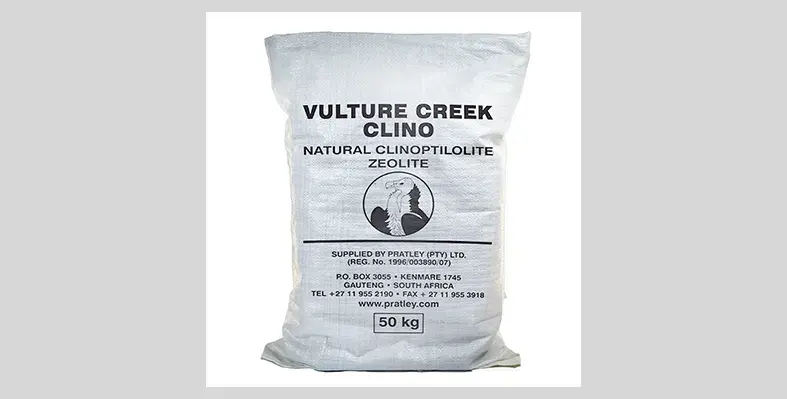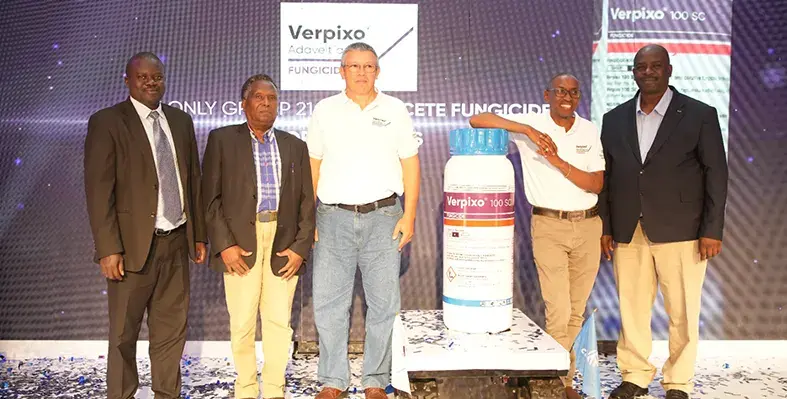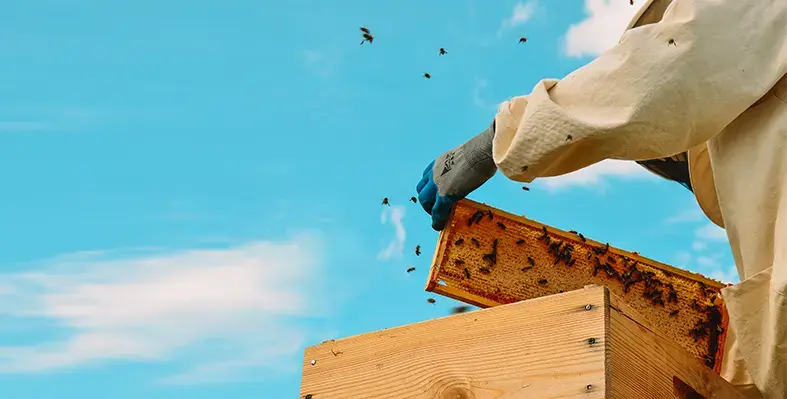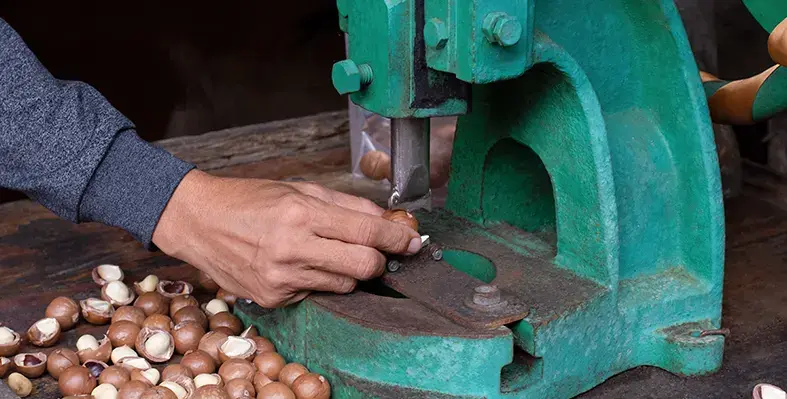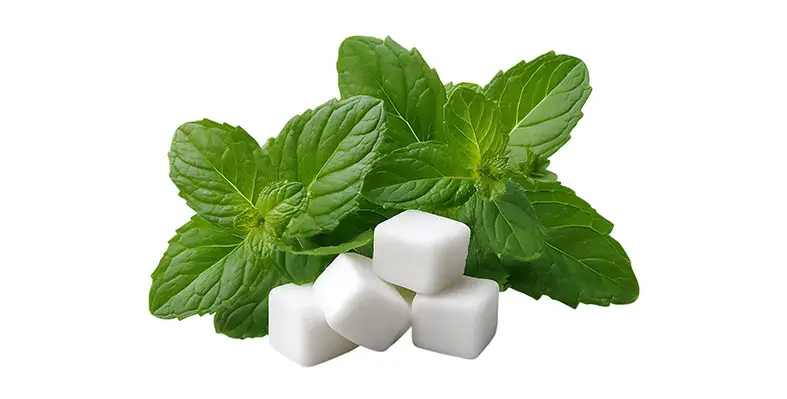Across the turf management and horticulture sector, professionals are increasingly turning to natural solutions to overcome long standing soil related challenges.
Maintaining healthy turf and productive landscapes has become more complex as soil conditions directly affect plant performance, water efficiency and maintenance costs. Two of the most common problem soils remain sandy soils, which lose nutrients rapidly through leaching after rainfall or irrigation, and clay soils, known for poor drainage and restricted root development. These limitations often result in stressed plants, increased water use and higher ongoing management expenses, particularly in water scarce regions such as parts of South Africa.
In response, the industry is embracing naturally occurring minerals that enhance soil structure while improving nutrient availability. A growing focus has been placed on zeolite minerals, which are valued for their ability to support sustainable turf and horticultural practices. One notable example is Vulture Creek Clino, a solution derived from clinoptilolite, a naturally occurring zeolite. Zeolites are recognised for their strong ion exchange properties, allowing them to capture essential nutrients such as potassium and ammonium and release them gradually within the root zone. This process ensures plants receive nutrients when they need them most, reducing losses and improving fertiliser efficiency.
By integrating mineral based amendments into turf and landscape fertiliser programmes, professionals are seeing measurable benefits. These include better water retention at root level, lower reliance on frequent fertiliser applications, reduced irrigation needs and stronger, healthier turf. Developers and landscape managers report visible improvements in lawn quality alongside reduced maintenance demands.
As sustainability continues to shape modern horticulture, natural mineral based products are emerging as practical, environmentally responsible tools that support long term soil health while delivering consistent performance in demanding conditions.




